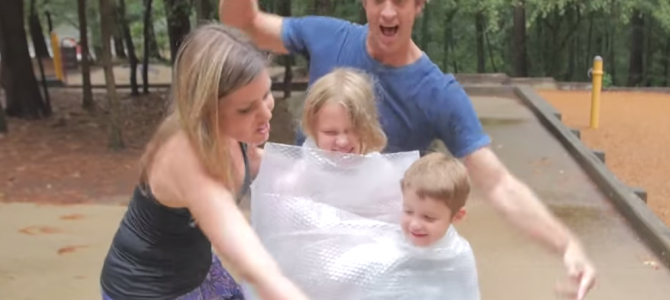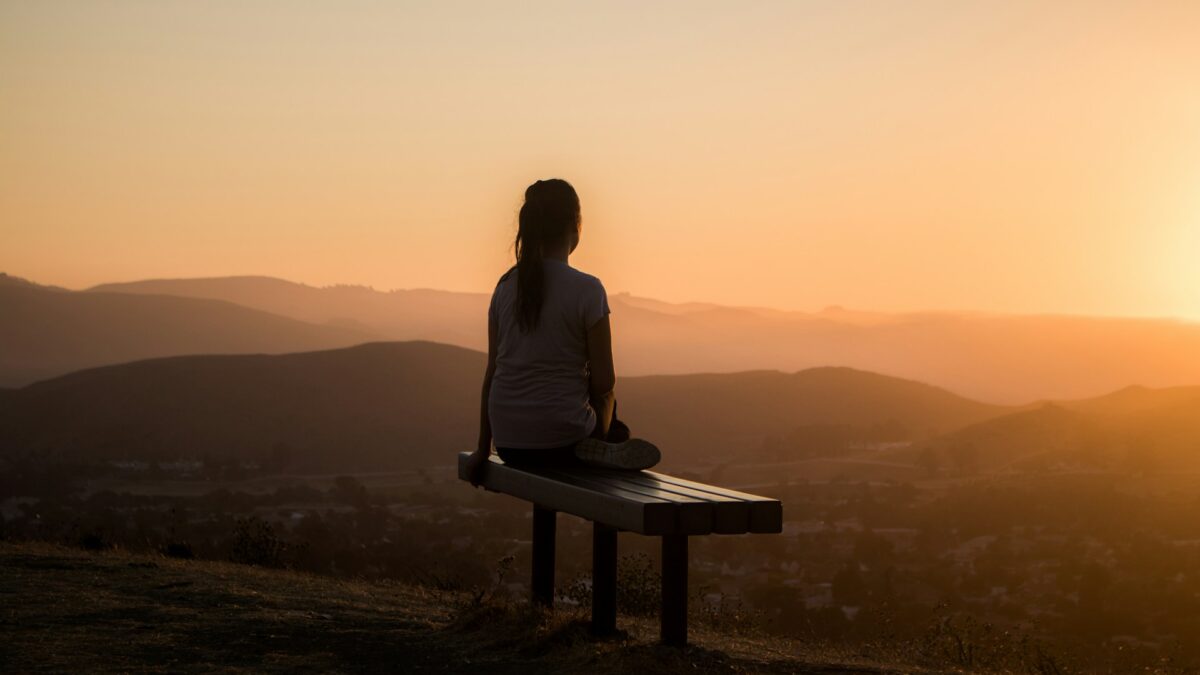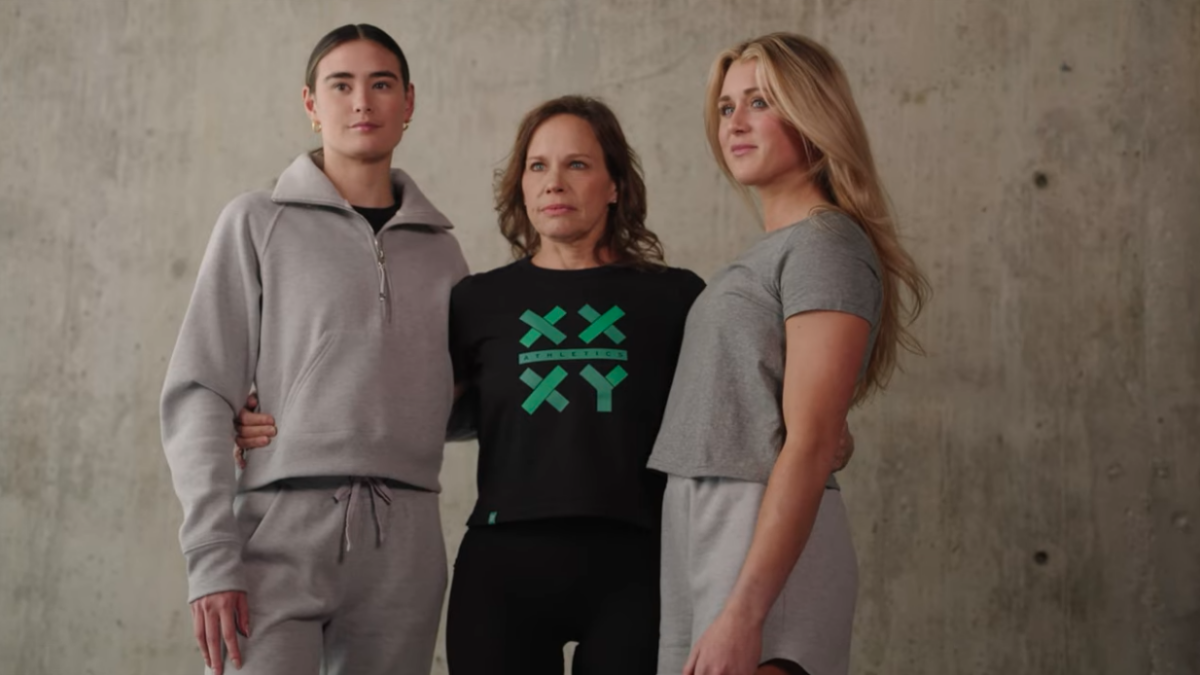
We’ve all seen these videos. White parents sing a parody version of a popular rap song and alter the lyrics to highlight the triumphs and trials of raising a family. Admittedly, they can be sometimes painful to watch. There’s something about the mashup of two very different worlds: rap culture and middle-class white families that make us laugh. We laugh half out of amusement and half out of embarrassment for them.
Recently, they’ve come under attack as perpetuating contemporary blackface. In a piece for Salon, Sarah Watts lambasts these YouTubing parents:
But as a white woman, it would be tone-deaf of me to assume that there’s nothing problematic about me taking a black person’s lived experience and making it cutesy and palatable for a mostly-white audience. Snoop Dogg’s “Gin and Juice” isn’t about Trick or Treating with his family; the song is about Snoop’s teen days in Long Beach, which belong to him — warts and all. De-contextualizing his music and obscuring the history behind it is a form of erasure and, let’s be honest here, a form of racism. Similarly, adopting the mannerisms, dress, and slang of black artists, like the white rappers in popular YouTube parenting raps — that’s racism as well. It’s little better than contemporary blackface.
The video that she takes aim at is by the Holderness Family, of #XmasJammies fame. One of their more recent videos is their own version of LMFAO’s “Party Anthem,” and it pokes fun at helicopter parenting. Set in a park, parents are filmed hovering over their children with hand sanitizer and tissues. They’ve swapped out the words to better fit the comic situation. “Everyday I’m hustlin’,” now becomes: “everyday I’m hoverin’,” as a mom is filmed slathering sunscreen on her child’s face.
While Watts is right that de-contextualizing art can be a form of erasure, the fame from the videos within the “White Parents Parody” genre has yet to eclipse the fame of the original songs. In fact, it’s probably had the opposite effect from what Watts describes. These videos introduce songs to people who otherwise may have never heard them. My own parents, who laugh and repeatedly share these videos on Facebook, will often Google the original song being parodied and listen to it all the way through, while comparing the differences between the two versions. Exposing people like my parents to a different culture through silly parody videos isn’t a bad thing. Nor does it erase the value of the original work.
The song that the Copter Mommy video parodies isn’t a story of struggle or oppression. It’s not an anthem about Snoop Dogs struggle in Long Beach. It’s about partying in a club:
Party rock is in this house tonight
Everybody just have a good time
And we gonna make you lose your mind […]
We just wanna see you, shake that!
Covering up these words with a tale of how overly protective parents are stifling the development of their children isn’t drowning out a message of black struggle. In fact, it takes a silly song about partying in a club and uses it to highlight problematic parenting behaviors.
Watts goes on:
It might seem like a stretch to compare something that’s meant to be clean fun to something as insidious as blackface. But surprisingly, a lot of the same elements of blackface performance are actually at play in videos like “I’m a Mom,” “Parent Rap,” “Dad Life,” and the ever-popular “#Xmas Jammies” that went ridiculously viral at the end of 2013. According to Eric Lott, author of “Love and Theft: Blackface Minstrelsy and the American Working Class,” blackface is defined as a practice in which white people “caricature blacks for sport and profit.” In all of these videos, white people not only imitate black vernacular (using phrases like “errday,” “hizzle,” “stone cold player,” and “you best get ready,”) but they also borrow mannerisms typically seen in gangsta rap videos.
Watts’s assessment that these parents are imitating characteristics commonly associated with black culture, particularly with rappers, is true. However this isn’t an example of blackface.
Historically, blackface was used to minimize black people in theater and film by portraying them in an exaggeratedly ridiculous manner. Black actors were commonly denied access to the stage unless they were painted in blackface makeup, or white actors would replace black ones altogether and paint themselves in grease and burnt cork in order to appear black.
These videos aren’t barring black entertainers from the bandwidth of YouTube, nor are they mocking blacking people. They’re mocking themselves. Yes, they mimic characteristics of most rap videos, but it’s clear that their intentions aren’t to make fun of other cultures. The whole point of their videos is to show how ridiculous their own culture is. Protecting your child from the dangers of the monkey bars seems even more insane when contrasted with the easygoing nature of the “Party Rock Anthem” that the video is set to.
Let white parents embarrass themselves on YouTube. It’s good for us all.









